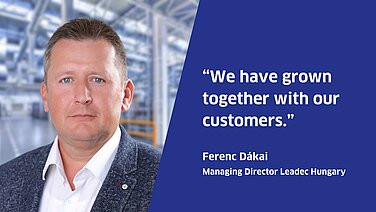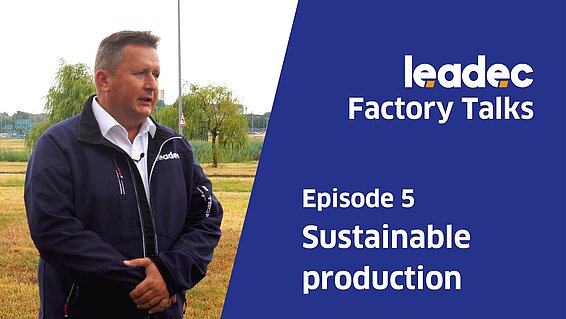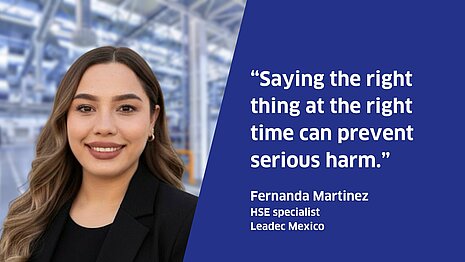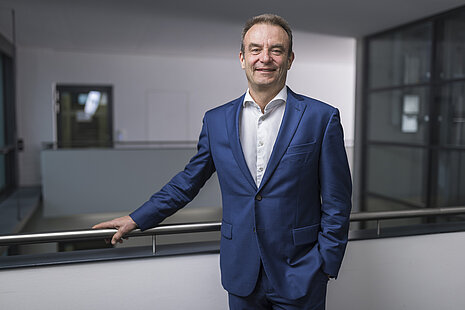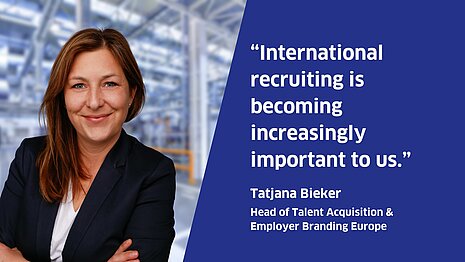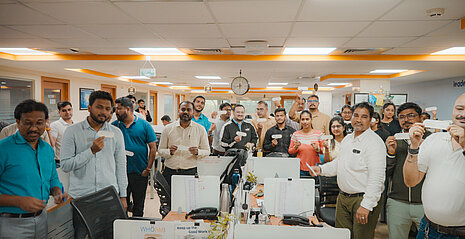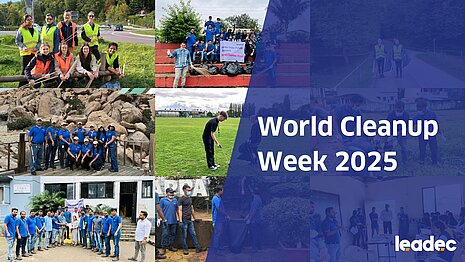“Sustainability and Digitalization Are the Big Issues”
Mr. Dákai, congratulations on 30 years of Leadec in Hungary! What were the special milestones of the last three decades?
The most important milestone was certainly the founding of Hörmann Győr Kft. in 1994, after the fall of the Berlin Wall. At that time, we started to provide on-site services for Audi, initially in the field of electrical installation.
Since then, we have grown continuously together with our customers. In 2010, we became Voith Industrial Services Kft. and expanded our activities to Kecskemét. New sites in Miskolc and Szombathely followed in 2012. With the acquisition of FISS Automatika Kft., based in Debrecen, we have not only expanded our geographical presence but also entered new industries. This is because FISS primarily serves customers outside the automotive industry, which I believe is very good for our diversification. We now have a total of nine sites and 900 employees working for more than 80 customers.
Speaking of customers: What are their main concerns at the moment?
The big issues, like everywhere else, are sustainability in production and digitalization. While sustainability is about saving energy and reducing emissions, among other things, information security in particular plays a central role in digitalization. Before Leadec created a portfolio that drives decarbonization and the circular economy with its Green Factory Solutions, we had already gained extensive experience with Audi’s carbon-neutral plant in Hungary. Among other things, we have been taking care of landscaping and increasing biodiversity there for many years.
And when it comes to digitalization?
Our customers are highly digitized and naturally expect the same from us as a service specialist. Thanks to our Leadec.os platform and our experience in digital transformation, manufacturers trust us and are certain that IT security and data protection are at least as important to us as they are to them. We have an excellent reputation in the market based on more than 60 years of experience worldwide. Our customers value our technical expertise, our high level of digitalization and our reliability as a partner.
What challenges do you see in the coming years?
The biggest challenge is certainly the transition away from the internal combustion engine. The production of electric cars requires fewer assembly lines, fewer buildings, and fewer people. This means that fewer services are also required throughout the life cycle of the factory.
This makes it all the more important for us to continue to support our customers with a broad range of services and to develop new business lines.
The Hungarian labor market is facing a number of challenges. How are you addressing them?
The shortage of skilled labor is a big problem in Hungary. Many people emigrate to work abroad, for example in Austria or Germany. Since we have full employment in Hungary, it is even more important to retain our existing employees. We have several initiatives to do this, such as further training opportunities, internal management development and an attractive working environment. Many of our employees have been with us for ten years or more. They act as our ambassadors: through our “employees recruit employees” program, we can attract new talent that is a good fit for us.
Speaking of ambassadors: You yourself have been with the company almost from the beginning. How did you join the company in 1996?
In the mid-90s, when I had finished my vocational training, the Hungarian economy was at rock bottom. I had actually applied for a job as an electrical engineer at an OEM, but I wasn’t hired because I didn’t speak German. I then got my chance at Hörmann on the condition that I learn German within six months. I did that and then worked my way through all the different positions in the company. I’ve been managing director since 2017, which is actually the longest time I've been in the same position in my professional life.
Looking back, what do you appreciate most about your time with the company?
I have had many interesting roles and have been able to develop both personally and professionally. I have been able to travel a lot, see a lot of the world and accompany the current Leadec Group in its development and growth. The international exchange, but also the great colleagues here in Győr, have always confirmed me in my work. That’s why I never wanted to change jobs and I’m looking forward to the next years with Leadec in Hungary.

